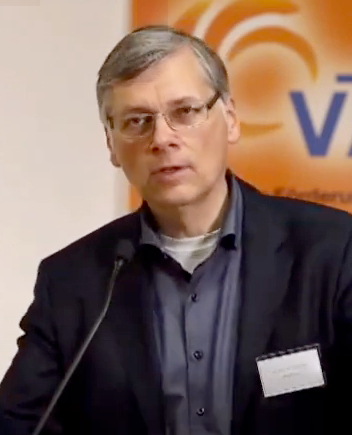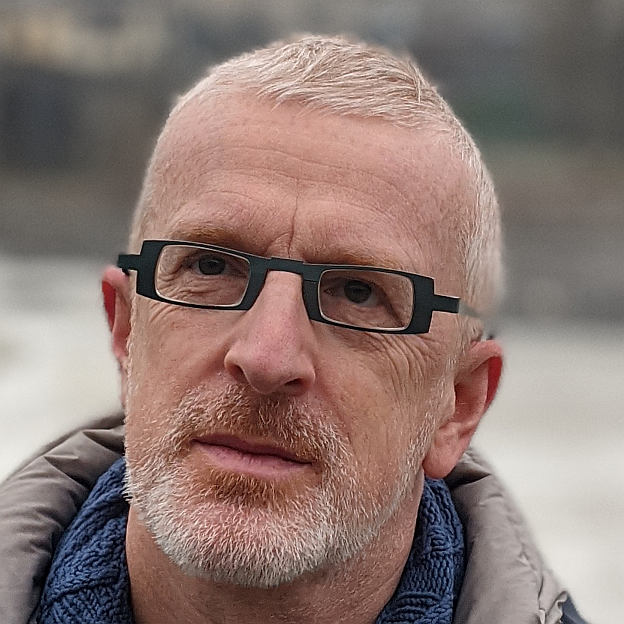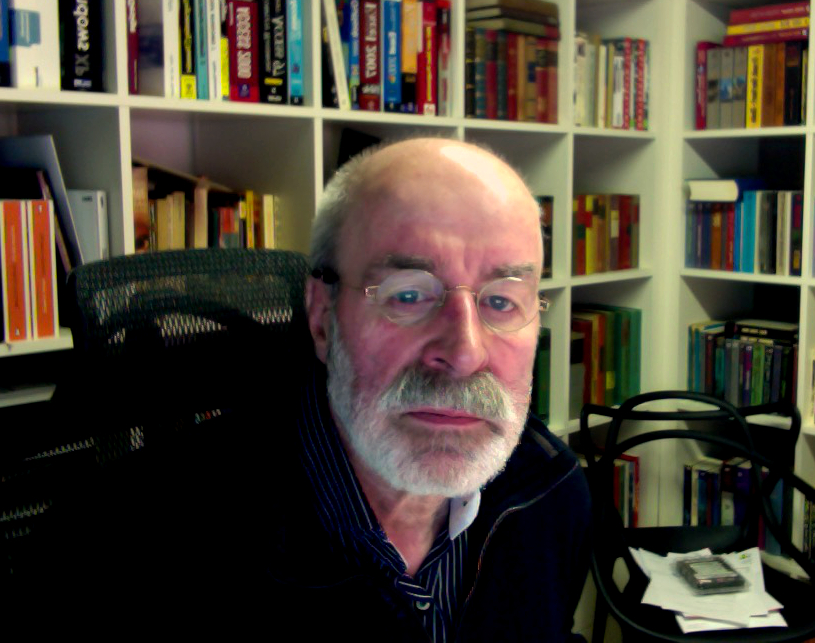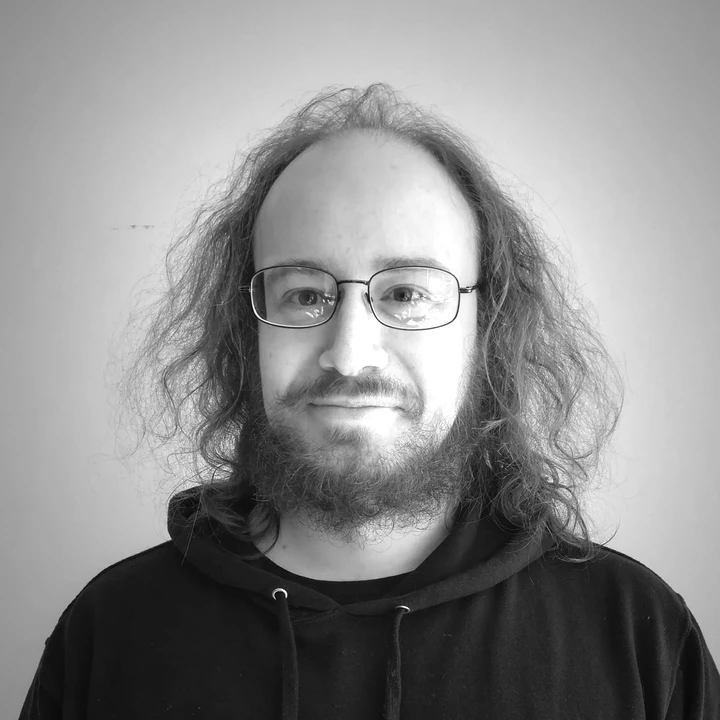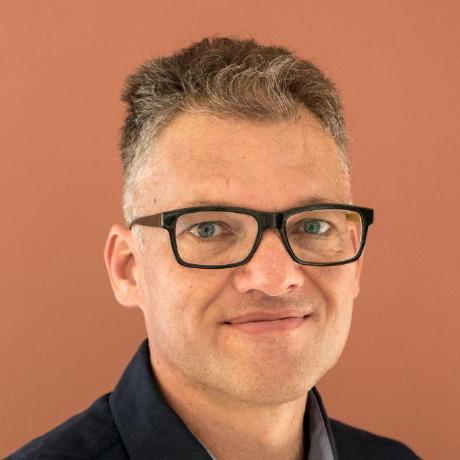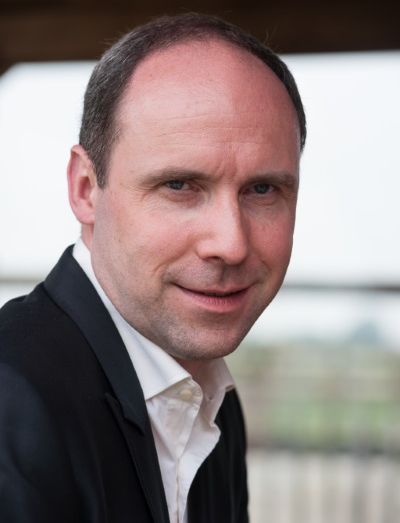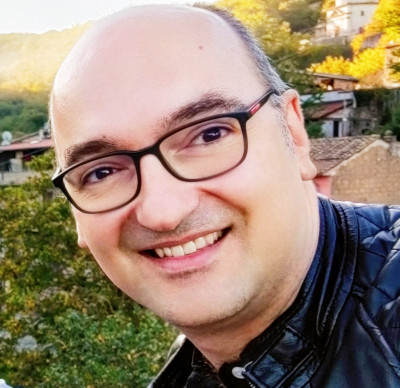Johannes W. Dietrich is head of the Centre of Rare Endocrine Diseases and the Centre for Diabetes Technology at Ruhr University Hospitals. He is the founder of multiple scientific software development projects mainly based on Object Pascal and R, including:
• SimThyr (simulation program for thyroid homeostasis)
• SPINA Thyr (structure parameter inference approach for endocrine feedback control)
• SimulaBeta (simulation program for insulin-glucose homeostasis)
• CyberUnits (class library for computational cybernetics)
• TRURL (suite of RPN calculators and class library for Object Pascal)
• PUMA Repository (Pascal units for medical applications)
• Triangolo (liothyronine dosage calculator)
Title: “Systems Endocrinology – Shaping an Emerging Medical Discipline with Object Pascal"
Summary: Contemporary endocrinology faces five challenges: Reliable diagnosis of hormonal disorders, optimising therapy for minimum immediate metabolic risk, adjusted treatment for reduced long-term cardiovascular hazard, improving quality of life of affected patients and, in endocrine neoplasia, optimised therapy for reduced risk of recurrence. The advent of novel methods for mathematical modelling, advanced computer simulations and approaches from systems biology laid the foundation for an innovative research framework that provides physiological insights and fundamentals for medical decision-making. This transition to systems endocrinology is paving the way to predictive, preventive, personalised and participatory (P4) medicine for patients suffering from highly prevalent metabolic diseases.
The evolution of this new field was only possible with the simultaneous development of reliable high-performance software for simulation and medical applications. Object Pascal provides a reasonable combination of secure programming, cross-platform compatibility and performance, thereby benefitting this endeavour, which is supported by Pascal-based class libraries for life sciences and computational endocrinology, including CyberUnits, PUMA and QUANTUM SALIS.
Marco Cantù holds a master’s degree in information technology from the Polytechnic of Milan, and he is the author of dozens of best-selling books on Delphi and its Object Pascal language. Marco was an independent consultant and developer for 20 years, focused primarily on Pascal and Delphi but also on C++ and JavaScript. Marco was a professional trainer and frequent conference speaker, and he is the author of countless articles on Delphi. Currently, he is the Delphi Product Manager at Embarcadero Technologies, a business unit of Idera, Inc.
Title: "Delphi's Object Pascal Evolution"
Summary: This session will cover the current status of Delphi's Object Pascal compiler, including an overview of modern Object Pascal features currently in the language and all of the changes done over recent years. The session will also offer a roundup of the various compilers available in Delphi today, the target platforms and the few differences among them. Finally, there will be some discussion of possible future plans for the language.
Designer Academy of Fine Arts. Advertising, printing and publishing during practice. Started with computers in 1993. Started in Delphi version 1 with Pascal and became a professional developer specialising in database design and user interfaces. Did a year of programming architecture at the Open University in Amsterdam. In daily life busy with publishing and writing articles and books for the only journal left on the market: Blaise Pascal Magazine, available in two languages: English and German. Currently, he is President of the organisation in Holland that publishes books and the Blaise Pascal Magazine, (Official name: Stichting Ondersteuning Programmeertaal Pascal), Director of LazarusFactory.BV in the Netherlands, which does Pascal work for companies and President of the Lazarus and FreePascal Foundation, supporting and funding all projects done in FPC and Lazarus.
Title: "Free Pascal: Past, Present and Future."
Summary: Free pascal is an open-source compiler since before the word "open source" became popular. The talk will present the team behind the compiler and IDE, the evolution of the compiler and toolchain will be discussed, what is currently being worked on, as well as the plans for the future development of the compiler.
Michalis Kamburelis is the lead developer of Castle Game Engine, an open-source 3D and 2D game engine using modern Object Pascal. The engine features a visual editor and a powerful and fast API, and it supports a range of formats for assets, including Khronos glTF and Web3D X3D. Michalis is also a member of Web3D consortium, helping to develop X3D standard, and a liaison between Web3D and Khronos consortiums to align glTF and X3D, two main standards for 3D models. Michalis is also a co-owner and CTO of Cat-astrophe Games LLC, an indie Polish game development company. He is also the lead maintainer of a documentation generator for the Pascal language, and he wrote the book Modern Object Pascal Introduction for Programmers.
Title: "Developing games and graphic visualizations in Pascal"
Summary: An overview of the most important concepts of developing graphic applications, including in particular 3D visualizations and games, and how to do them in practical Pascal applications. The talk is directed at both FPC/Lazarus and Delphi users. We will start with an overview of APIs, like OpenGL(ES) and Vulkan, and their most important concepts like shaders. We will show how to use these graphic APIs from Pascal, from various Delphi and Lazarus visual libraries. Then we will move to high-level libraries and game engines, like Castle Game Engine, Apus Game Engine, Firemonkey 3D, and BeRo projects (RNL, Kraft, PasVulkan). Finally I will talk about the important features you should consider when choosing a library (and creating your own): 3D model formats (how and why are formats like glTF and X3D developed), PBR (physically based rendering), mixing 2D and 3D, physics and more.
Primož Gabrijelčič has worked with Pascal since 1986, when he started to explore the language on a Sinclair ZX Spectrum. He later moved to CP/M, VAX/VMS and DOS, but stayed loyal to the language. For the last 25+ years, he has been developing systems for management and the real-time transmission of subtitles and teletext, which are used in many European countries. Most of that time, he has worked on writing multithreaded Delphi applications which resulted in a well-known open-source multithreading Delphi library, OmniThreadLibrary. He has written three books about Delphi programming, and he manages a technical Delphi blog, The Delphi Geek.
Title: "Parallel programming in Pascal: How we should stop focusing on threads and start writing functional code"
Summary: For many Pascal programmers, the topic of parallel programming starts and stops with "write a thread, run a thread". There are better ways to approach this problem, as the rest of the world has already noticed, and we should finally accept that we are no longer living in the nineties and that we should start writing parallel code that focuses on solving some problem and not-as many of us do-on solving problems that arise from improper use of the multithreading paradigm.
Bruno Fierens studied civil electronic engineering at University of Ghent, Belgium. He started his career as an R&D digital hardware engineer at Barco Graphics Belgium designing with FPGA, VHDL, graphic processors, PCI, Silicon Graphics add-on boards, high-end printer controllers and more. In 1987, he began writing software in Turbo Pascal 3.0, and since then he has used all Borland Pascal and Delphi versions. In 1996, he founded TMS Software, developing VCL components starting with Delphi 1. The company has become internationally known for its components for different environments to develop software. He has been an Embarcadero MVP since 2012, and he is also a regular speaker at international software conferences, such as Be-Delphi, DelphiTage, ITDevCon, CodeWay Tour, EKON, DevTracks, SDN and more.
Title: "Object Pascal everywhere"
Summary: In this session we will discuss how software developers can use a single language Object Pascal to create applications for machines ranging from SBCs to mobile devices, desktop operating systems, browsers and servers. This can be reached via native applications as well as web client applications. And this can be done from different IDEs on different operating systems. On top of this, applications cannot only be created with a single language Object Pascal, but also a component architecture FNC allows to use the same Object Pascal components under all these circumstances.
Daniele Teti is a software architect, trainer, book author and consultant with more than 20 years of professional experience. He is the main developer and driver of the most popular open-source Delphi project on GitHub: the Delphi MVC Framework. Teti is the author of the best-selling Delphi Cookbook series published by Packt Publishing.
Title: "Developing frontend and backend in Pascal: past, present and future"
Summary: In an interconnected world the web development is the most important theme for programmers. No one can stick the head in the sand and continue to develop like in the early 90'. Mobile and IoT revolutions starting some years ago are still in full expension. What does it mean for our beloved Pascal? Is the "lord of the browsers" a.k.a. JavaScript, the only language usable for web browsers? What about WebAssembly? Will be the awaited revolution for the web? What about the backend? Can we efficiently use Pascal as backend language gaining a productivity boost? Are the pillars of Pascal still an advantage in the today programming landscape? We are going to try to response to all these questions (and more) during this talk.
